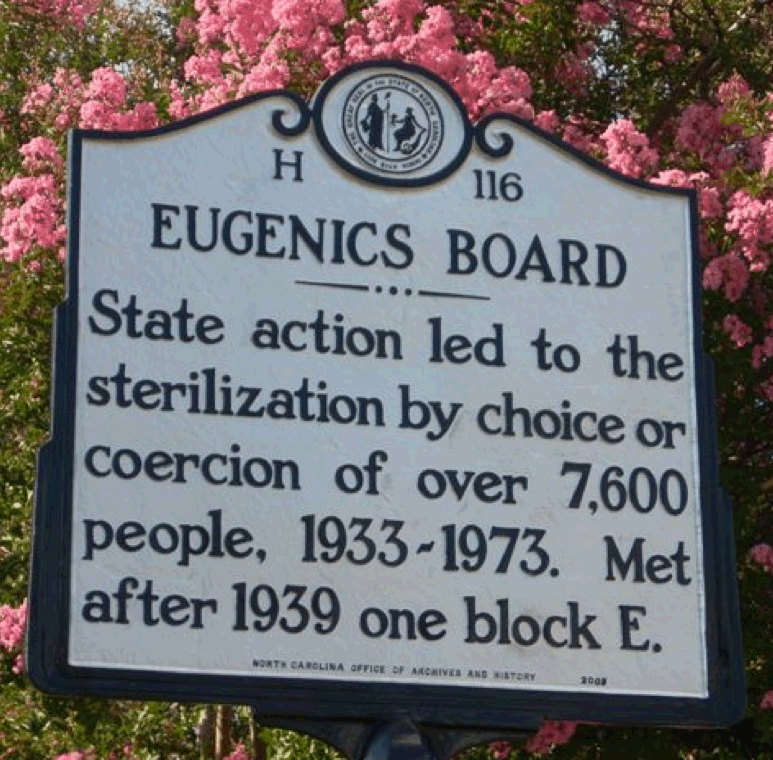• Sen. Kay Hagan continues trying to make hay (sorry) over a two-year-old remark made by GOP opponent Thom Tillis in a television interview. Tillis argued that the Republican Party needs to make additional overtures to attract votes from minority voters. Meantime, Triad City Beat, an alternative weekly, publishes a lengthy feature recounting the decade-long effort to provide financial compensation to the living victim’s of the state’s barbaric eugenics program. The story notes how African-American Democratic legislators could not prevail on their party leaders to set up a compensation fund, but when Republicans took control of the General Assembly in 2011, one of the measure’s main champions was … Thom Tillis.
• North Carolina’s congressional Republicans are lining up behind different contenders for the position of House whip, the No. 3 person in the caucus leadership. Reps. Renee Ellmers (2nd District) and Patrick McHenry (10th) back conservative Rep. Steve Scalise of Louisiana. Reps. Richard Hudson (8th) and George Holding (13th) side with Rep. Peter Roskam of Illinois, the current whip and a favorite of the party establishment. Ellmers’ close relationship with House Speaker John Boehner, R-Ohio, makes this race noteworthy.
• Less than three weeks ago, Clay Aiken, the “American Idol” runner-up and Democratic nominee to face Ellmers in the 2nd Congressional District, said he would not use his celebrity as a point of emphasis in his campaign and would not sing at fundraising events. Aiken has changed his mind. In a letter to supporters, the singer said he would record a song personally for top-level donors and let lower-dollar donors participate in a lottery to win a personal recording from the singer.
• Democrat Brian Turner, who’s challenging state Rep. Tim Moffitt, R-Buncombe, in this fall’s election campaign, has had success raising money, primarily from donors outside the 116th District. Moffitt has fared well on the money front, too, much of it from Buncombe County, which a political scientist says often is a better indication of a candidate’s grass-roots support.

